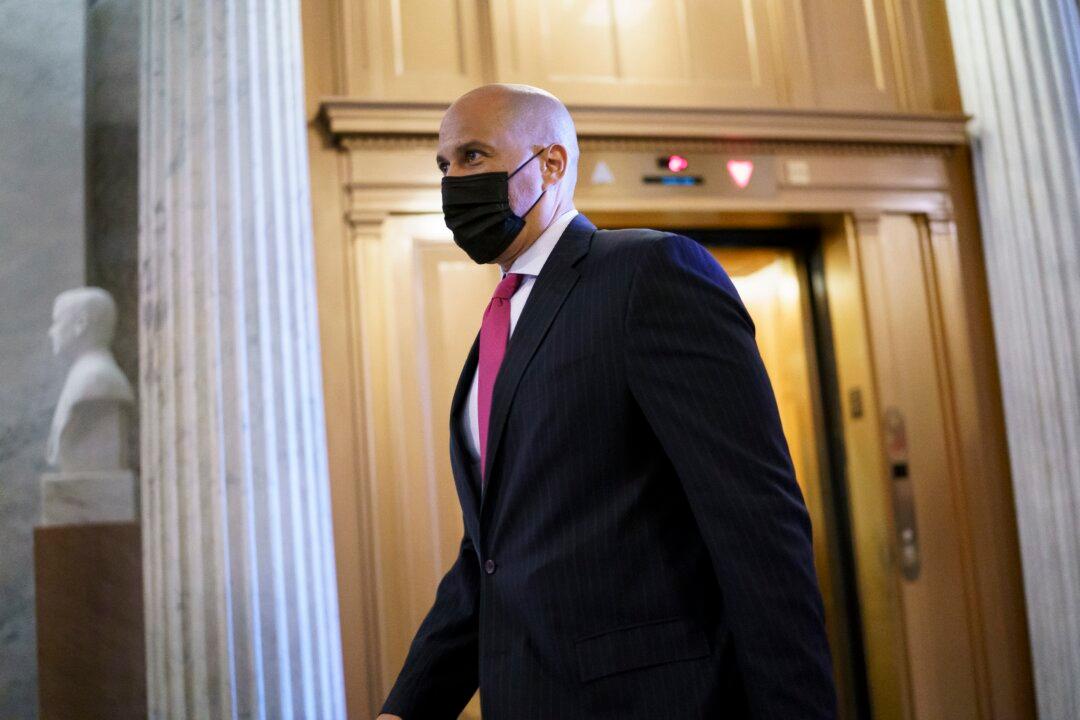Bipartisan congressional negotiations on police reform broke down this week after months of work.
Sens. Tim Scott (R-S.C.) and Cory Booker (D-N.J.) were working with Rep. Karen Bass (D-Calif.) to try to reach a compromise on legislation that would address what they say are areas of policing that need changed. But the trio announced this week that negotiations had stalled.





